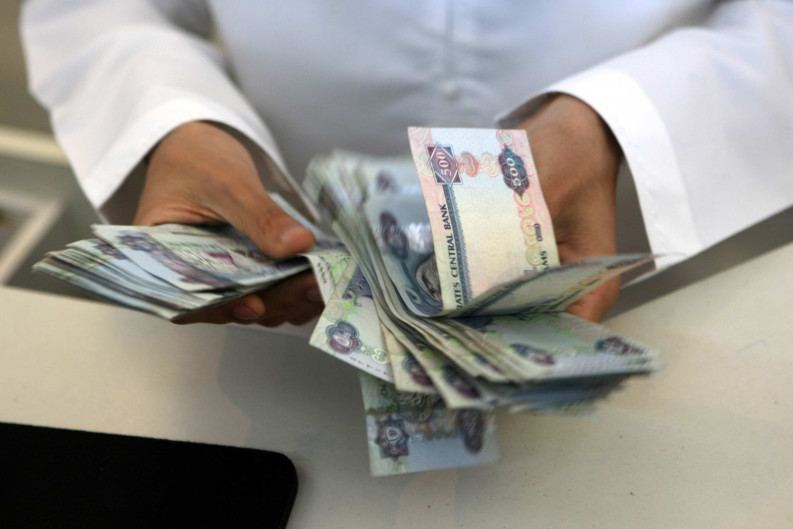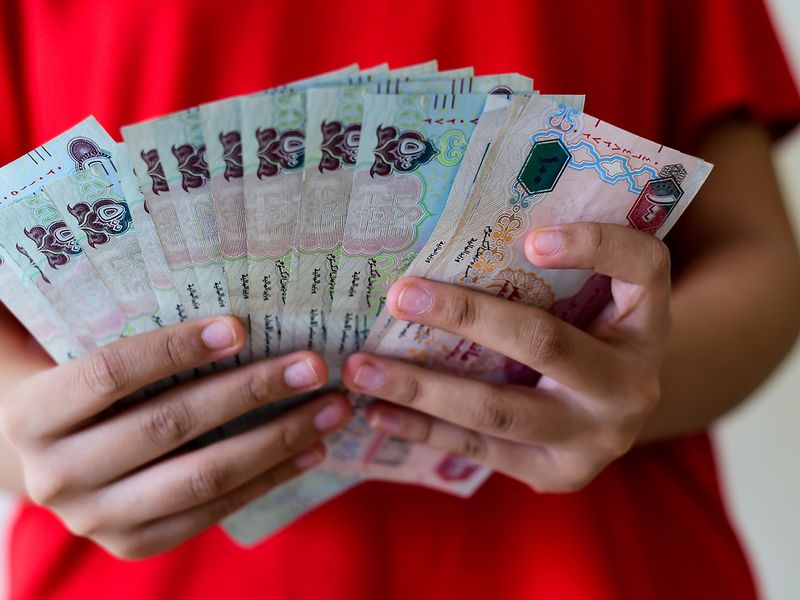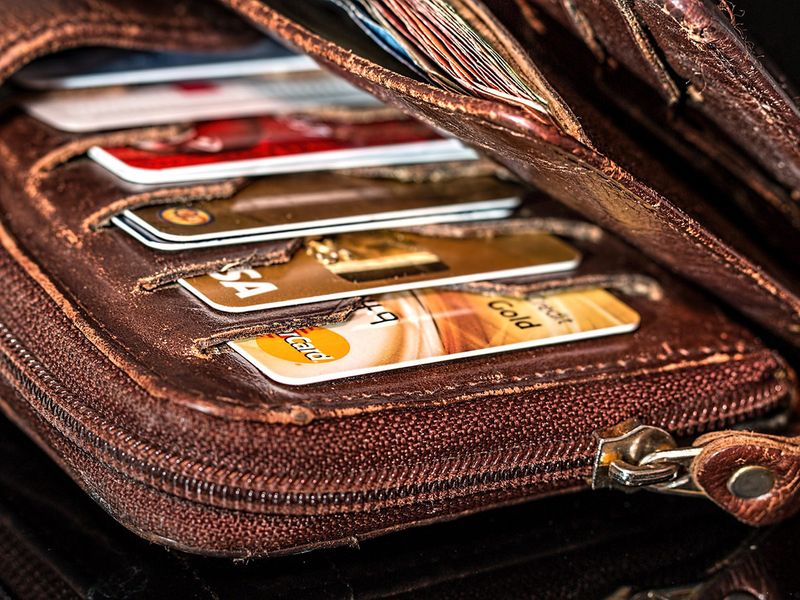
Dubai: It has been widely observed that money is a common source of stress for a lot of people, and multiple research has shown that residents in the UAE have often faced worries associated with ballooning of personal debt.
Recent research from survey firm YouGov had revealed that over half of the UAE residents it surveyed in February had to cut their non-essential spending during the pandemic in order to cover expenses, and more than three-fourths are likely to continue doing so in the future.
When asked about their household situation in the past six months, a third of UAE residents said they have dipped into their savings to cover expenses. Data from YouGov, based on a survey of more than 18,000 interviews, showed 28 per cent have been able to save more but a fourth have borrowed more money or taken on debt to manage the situation.
Spending wisely does not have to be about excessively controlling your desires. It is just learning to prioritise the right kind of wants alongside essential needs.

Mental accounting
‘Mental accounting’ is when a person accounts for and attaches value to large financial decisions such as buying a car or renovating a house but ‘devalues’ small regular payments or purchases made with plastic money.
However, when people are less cautious about these ‘small’ payments, they can add up quickly in comparison to a one-time big expense. In addition to this, using a credit card to pay is much easier on the mind than paying the same amount in hard cash.
Sometimes buying a chair for Dh500 may seem more expensive when getting an entire home décor set for Dh15,000 because one does mental accounting for each scenario. However, when the entire set is not essential, every dime spent over the Dh500 is over-spending.
This can also happen through advertisements. For example, you go to the store to buy milk for Dh10.50, but end up buying cereal because it was advertised as being on sale. You did not need the cereal but you spent more than you planned because of the assumed savings advertised.
All this is, in absolute truth, in your mind. So it is entirely up to you to be able to spend and save smart.

Psychologist perspective
Here’s what Dr. Saliha Afridi, clinical psychologist and managing director of Dubai-based mental health service provider ‘The LightHouse Arabia’ had to say on how to manage overspending and regain control of your finances:
Take responsibility. Admitting that you are experiencing financial difficulties or instability will be the first step towards gaining financial security.
Don’t lose track. Once you start taking note of every dirham you spend, you shine a spotlight on your finances. If they’re in bad shape that means you are highlighting your weaknesses – and that’s just the jolt you may need to steer you in the right direction towards living within your means.
Seek to be accountable. Being accountable for your spending by telling family and friends that you are trying to spend less is another way, and make a rule with your accountability partner that you will not spend more than say Dh500 without a discussion.
Avoid malls when experiencing low mood. Spending can release dopamine, the pleasure neurochemical, so you might be tempted to venture into a mall for retail therapy especially when you are stressed, anxious, or experiencing low mood. It would be important to be aware of your mood before you walk into the mall and armed with your ‘coping card’ or a note on your phone with questions you can consider before purchasing.

Some questions to consider before buying something include: Do I want this or do I need this? Is this within my budget? Why am I buying this? Is this absolutely necessary to buy? Can this wait for me to purchase at a later time? Can I first check my closet if I have something similar before buying?
Stick to a list and resist temptation. Before going shopping, list down everything you need – that’s needed, not wanted – and be disciplined enough to follow the rule. If it’s not on the list, don’t buy it. If you’re only buying a couple of items, don’t take a trolley or you may feel inclined to fill it. And don’t make the mistake of “just trying” on that dress or those shoes if you had not intended on buying it.
Apply a 72-hour rule. When you lack self-control you can fall victim to making unplanned purchases on a whim. After the instant gratification of impulsive spending, come debt, worry and ultimately more spending. To avoid this trap, stick to the 72-hour rule. This means, you should think for a few days before purchasing something. You will then realize the immediate temptation is the most difficult to resist, but by the time you get home, very few things will remain lingering in your mind as items to purchase.
Make small deposits into your savings. We often think about saving half of our paycheck or big sums of money. Instead try saving a small amount every week. You can also consider having a jar where you drop in everything that is Dh10 or under at the end of the day. Before you know it you will see that you are quite capable of saving.
Get professional help. Overspending can be as difficult to stop as any other compulsion or addiction, so don’t be afraid to ask for help. If you’re using spending as an emotional regulation coping tool – to feel better or to aggrandize yourself – admit that you have a problem. Spending can be a symptom of low self-esteem, anxiety, depression or loneliness. It can also be used to fill an emotional void. If you seek help to address these underlying issues and feelings, you can start to curb your spending. You may need to speak to a financial advisor and a mental health professional.
Money is something that can make or break everything from your mood and stress levels to your relationships and beyond. While not always easy to get quickly under control, setting clear goals and making promises to yourself on the above tactics is the best way to start regaining control of your finances and, thus, your wellbeing.









